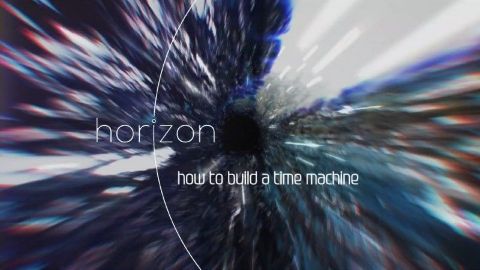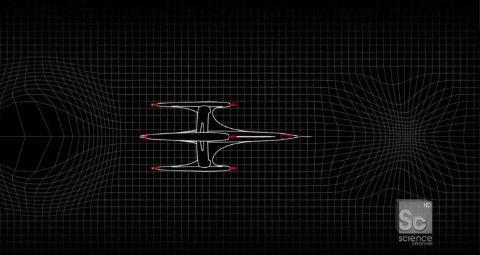Out of Thin Air (1754-1806) • 2015 • episode "Part 1" • The Mystery of Matter: Search for the Elements
One of science’s great odd couples — British minister Joseph Priestley and French tax administrator Antoine Lavoisier — together discover a fantastic new gas called oxygen, overturning the reigning theory of chemistry and triggering a worldwide search for new elements. Soon caught up in the hunt is science’s first great showman, a precocious British chemist named Humphry Davy, who dazzles London audiences with his lectures, introduces them to laughing gas and turns the battery into a powerful tool in the search for new elements.
Make a donation
Buy a brother a hot coffee? Or a cold beer?
Hope you're finding these documentaries fascinating and eye-opening. It's just me, working hard behind the scenes to bring you this enriching content.
Running and maintaining a website like this takes time and resources. That's why I'm reaching out to you. If you appreciate what I do and would like to support my efforts, would you consider "buying me a coffee"?
Donation addresses
BTC: bc1q8ldskxh4x9qnddhcrgcun8rtvddeldm2a07r2v
ETH: 0x5CCAAA1afc5c5D814129d99277dDb5A979672116
With your donation through , you can show your appreciation and help me keep this project going. Every contribution, no matter how small, makes a significant impact. It goes directly towards covering server costs.








